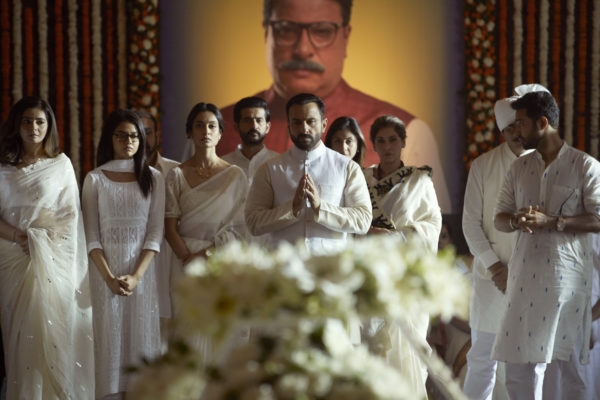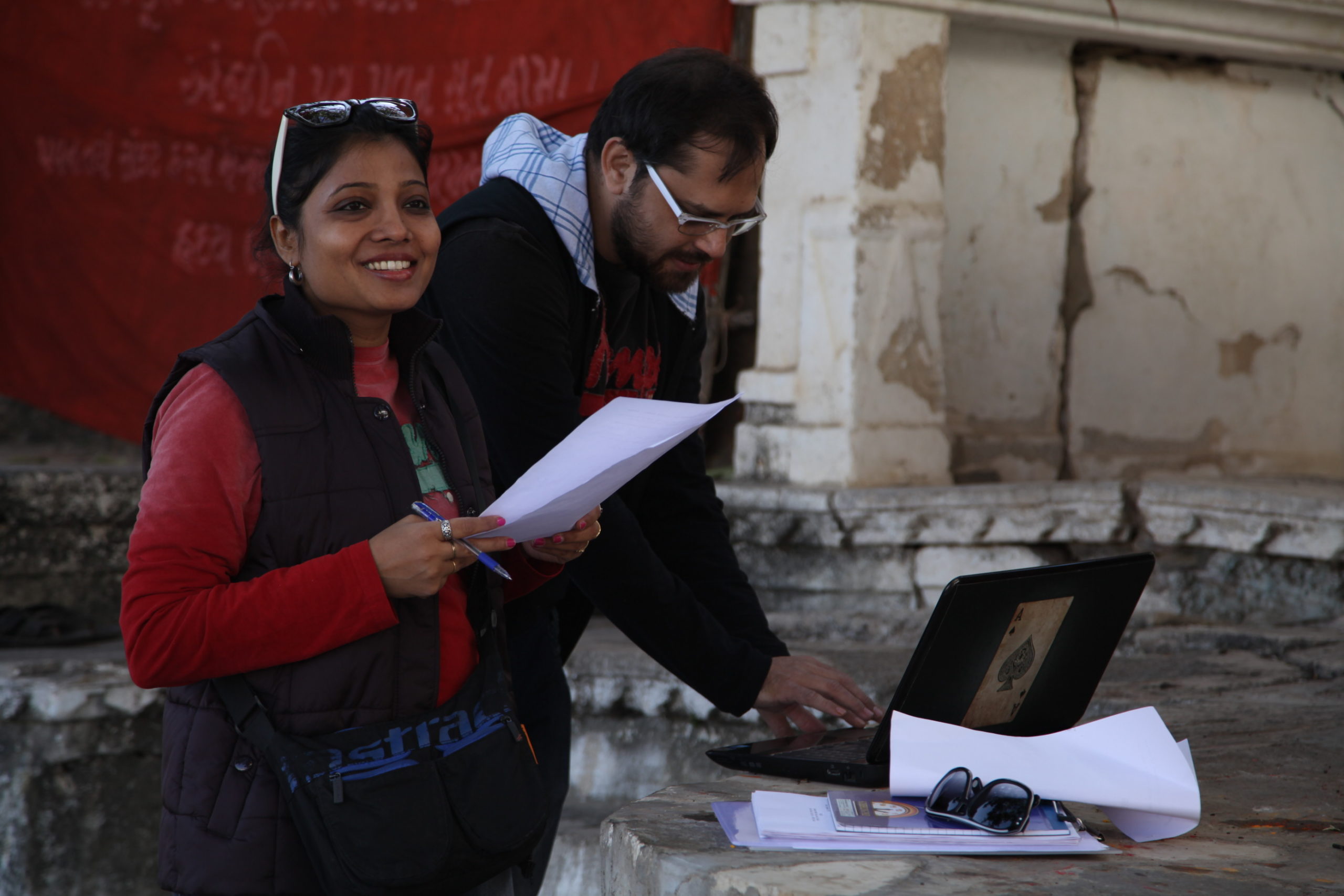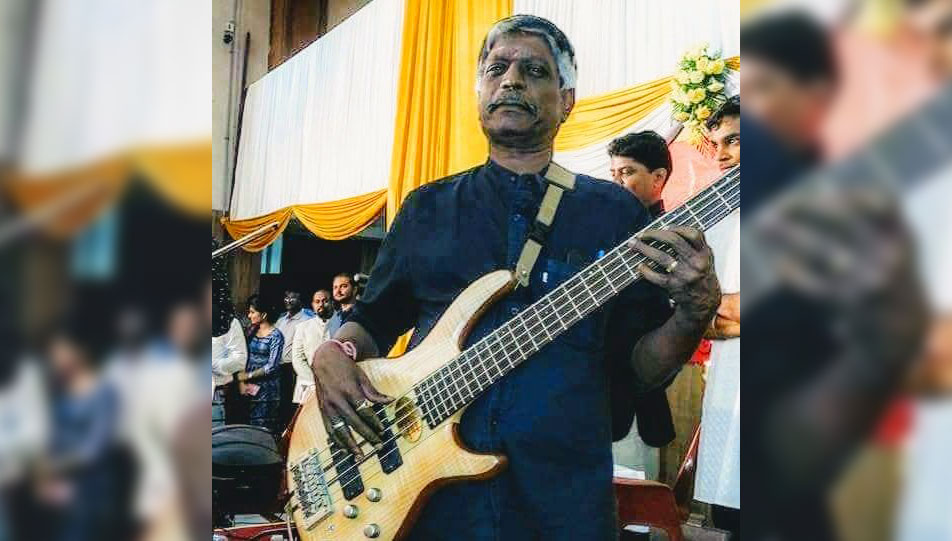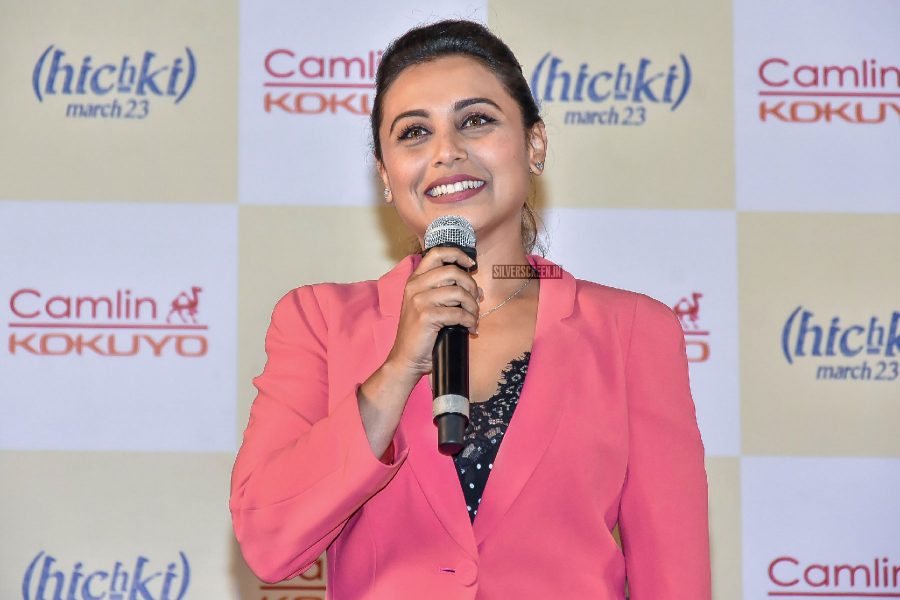The Internet and Mobile Association of India (IAMAI) issued a statement on Thursday stating that it was “dismayed” over media reports which said that the Central government was working on a draft policy to regulate OTT platforms and social media platforms and has proposed a three-tier framework for the same.
The industry body stated that it was “perturbed by the lack of any consultative process”.
In an order issued in November 2020, streaming platforms like Netflix, Amazon Prime Video, and Disney+ Hotstar, were brought under the control of Centre’s Information and Broadcasting Ministry (I&B) headed by Prakash Javadekar. With this order, the I&B ministry took over control from the Ministry of Electronics and Information Technology (MeitY).
“IAMAI is surprised to be not consulted on the draft guidelines for OCCPs that is being quoted in the media,” IAMAI said in its statement. “There are producers, actors and other stakeholders who too should have been consulted before the guidelines are published,” it said.
According to the media report, the IAMAI was referring to the draft policy the Centre is currently working on, which proposes a three-tier organisation under the ‘toolkit’. The Centre will also have the authority to block or take down content. The draft policy mandates that OTT content must carry a U/A (Universal/Adult) rating, which is currently done only in the case of theatrical releases.
The IAMAI on February 11 announced a toolkit to be implemented as an extension to the Universal Self Regulation Code for the OTT platforms. The self-regulatory code has already been adopted by 17 curated content platforms, IAMAI said.
IAMAI today announced the adoption of a comprehensive Implementation Toolkit (“Tool Kit”) which is in furtherance to the Universal Self-Regulation Code (“Code”) for Online Curated Content Providers (“OCCP”) that was put in motion on September 04, 2020. @producers_guild @MIB_India
— IAMAI (@IAMAIForum) February 11, 2021
“IAMAI would like to appeal to the concerned Ministry to consider initiating a public dialogue by inviting comments on the draft guidelines for OTT Streaming Platforms, as was done in case of Personal Data Protection Bill, Non-Personal Data Governance Framework and numerous other rules and regulations,” IAMAI’s statement said.
Asked about the impact of having two authorities to block content, Rahul Matthan, partner at Trilegal told Hindustan Times: “Having two (separate) authorities to regulate and having powers to block are unlikely to bring them in conflict with each other. Section 69A has been drafted in specific terms. Essentially you can give 10 people the power to block content as long the reason is clear.”
The guidelines will also require social media platforms to tackle fake news by identifying the origin and block it. While the companies need not disclose the content of the message(s), the root must be traced without violating the end-to-end encryption which prevents the internet and telecom providers to tap access users’ communication.
The rules, after being finalised, will also apply to digital news media.
This is big. OTT platforms and Digital News platforms are under I&B Ministry now. Now, the ministry gets the power to regulate policies for OTT platforms. I&B had written to MeitY about this transfer of control. pic.twitter.com/99FOcydGyK
— Vasudha Venugopal (@vasudha_ET) November 11, 2020
Of all the laws that are to be applied for self-regulation, sections from the Information Technology Act, the Indian Penal Code, and the Indecent Representation of Women (Prohibition) Act, 1986, were also included, among others.
It also stated the association’s involvement in carrying out awareness campaigns with parents’ associations across the country, directed towards the safety measures in the interest of the children in relation to online consumption of content.
Recently, Amazon Prime Video came under fire for two of its web series- Tandav and Mirzapur 2. Consequently, complaints were filed against the makers, actors, and the India Content Head of the streaming platform, Aparna Purohit.
Saif Ali Khan-starrer Tandav, which released on January 15, landed in a controversy after a BJP leader filed a complaint in Lucknow against the show as it allegedly “openly insulted and humiliated Lord Shiva”. Apart from drawing criticism on social media, the series got a poor rating of 3.4 on IMDb. The user reviews’ section suggests that the series’ alleged pro-Left propaganda and anti-national nature has been the major influencing factor in the rating scheme.

Mirzapur 2, which premiered in October 2020, saw the Supreme Court seeking a response from the makers after a petitioner and a resident of Mirzapur city in Uttar Pradesh filed a complaint for allegedly tarnishing the city’s image by its “obscene and vulgar” representation, which is otherwise supposed to hold religious and historic value. The writ peition, that was filed in September 2020 and saw a delay due to the Covid-19 pandemic, urged the court to set up a “pre-screening” committee to regulate content on OTT platforms.



